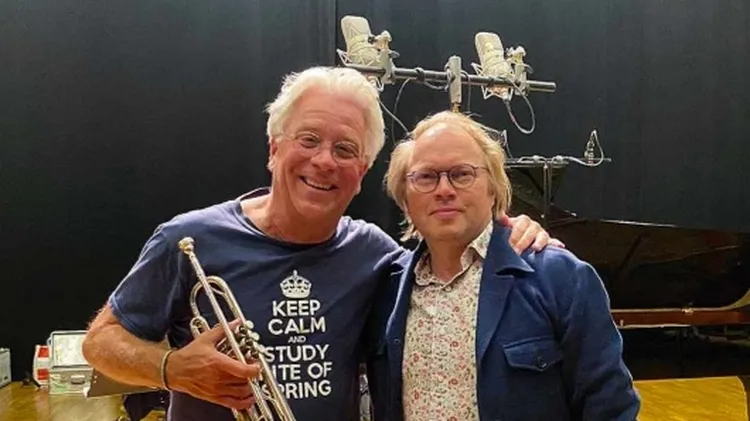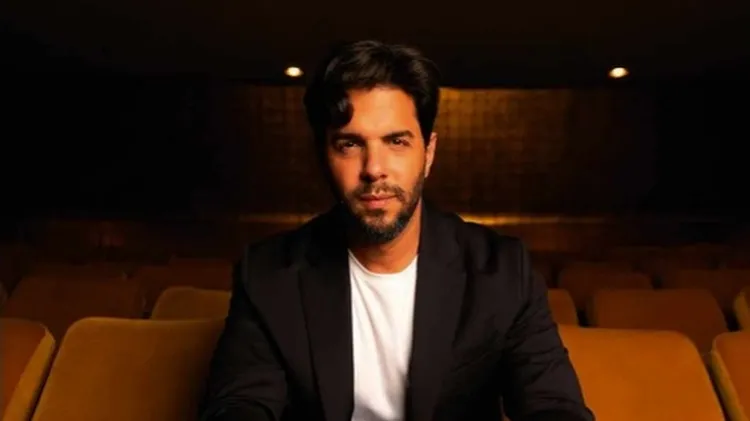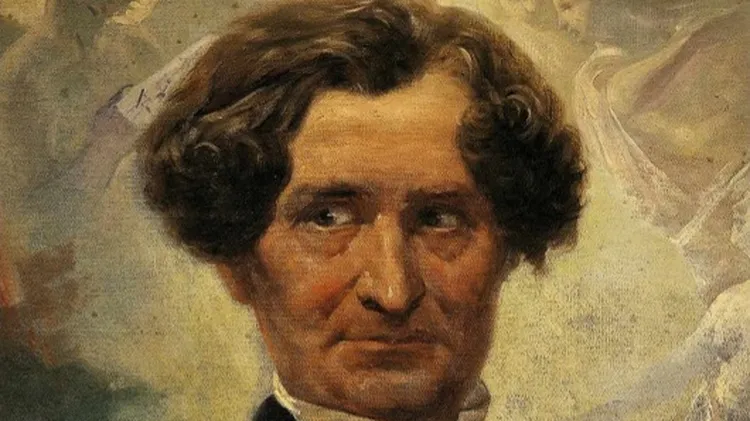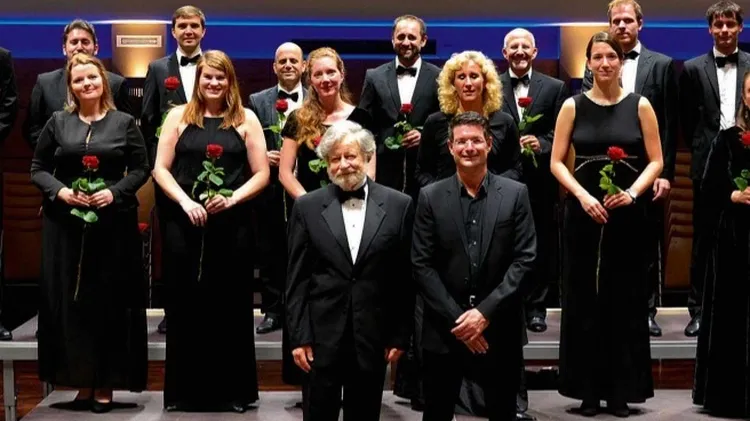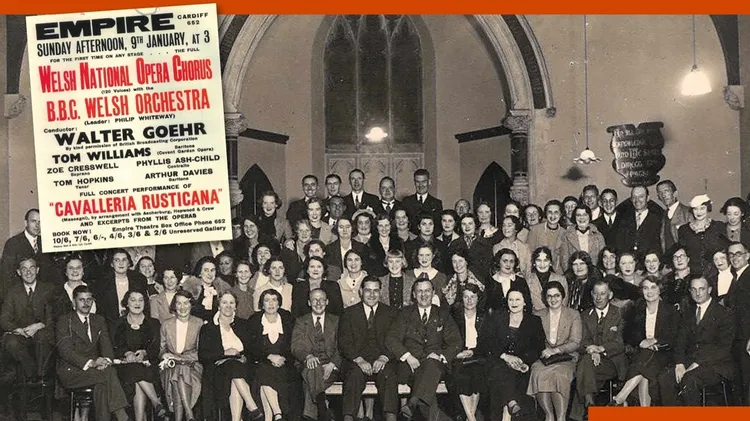Today’s musicians shouldn’t be afraid to take on political causes
Richard morrison
3 min read
This article is from...
Read this article and 8000+ more magazines and newspapers on Readly

